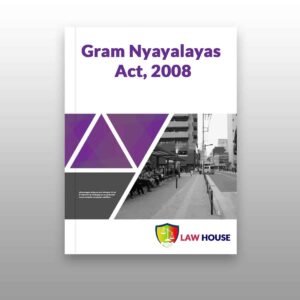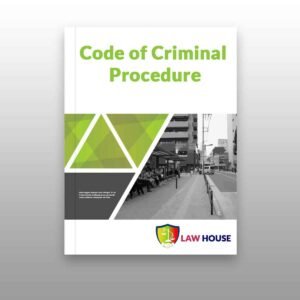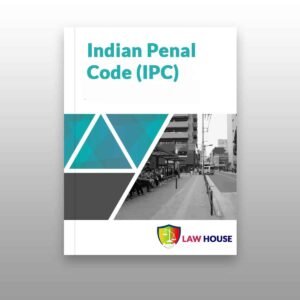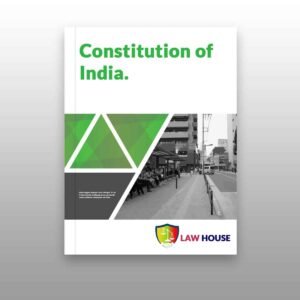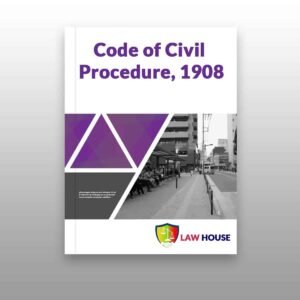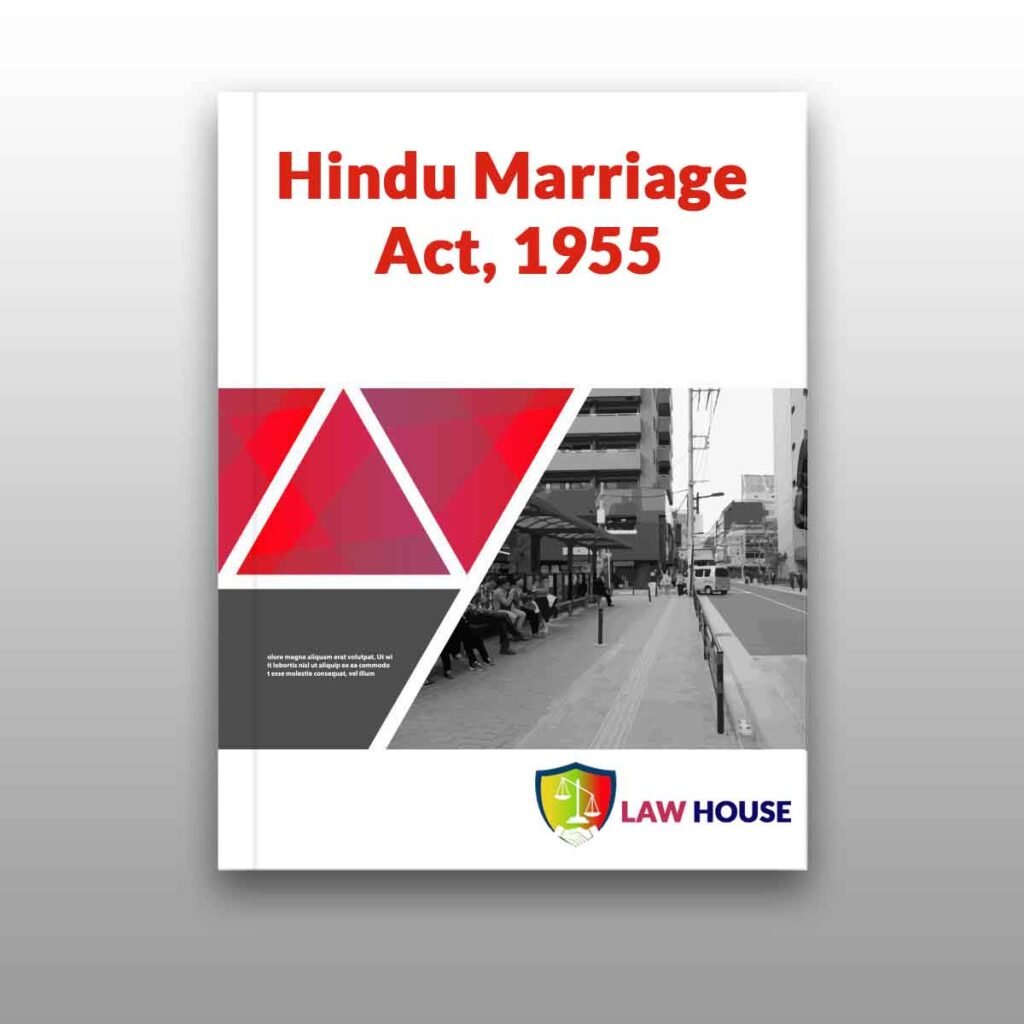This article will help you to understand the reason and grounds for Divorce. Going through a bad marriage is never a pleasant experience but it is important to know the procedure before going forward with Divorce. Hindus, Christians, Muslims and Parsis are governed under separate grounds for divorce in India.
Divorce is Easy || Just Know the Facts || PRO tips Available || Watch the Full Video
Divorce Grounds:
- Adultery – Any kind of sexual relationship including intercourse outside marriage is termed as adultery. Adultery was considered a crime earlier under the Indian Penal Code, however, the Supreme Court has decriminalized adultery in a recent judgment while subsisting it as a ground for divorce. One single act of adultery is enough for the petitioner to get a divorce.
- Cruelty – A spouse can file a divorce case when he/she is subjected to any kind of mental and physical injury that causes danger to life, limb and health. There should be series of incidents of cruelty. Certain instances like the food being denied, continuous ill treatment and abuses to acquire dowry, perverse sexual act and such are included under cruelty.
- Desertion – Where one of the spouses voluntarily abandons his/her partner for at least a period of two years, the abandoned spouse can file a divorce case on the ground of desertion.
- Conversion – Where either of the two converts himself/herself into another religion, the other spouse may file a divorce case based on this ground.
- Mental Disorder – Mental disorder can become a ground for filing a divorce if the spouse of the petitioner suffers from incurable mental disorder or insanity and therefore cannot be expected from the couple to stay together.
- Leprosy – In case of a ‘virulent (severe and harmful) and incurable’ form of leprosy, a petition can be filed by the other spouse based on this ground.
- Venereal Disease – If one of the spouses is suffering from a serious disease that is easily communicable, a divorce can be filed by the other spouse. The sexually transmitted diseases like AIDS are accounted to be venereal diseases.
- Renunciation – A spouse is entitled to file for a divorce if the other renounces all worldly affairs by embracing a religious order.
- Not Heard Alive – If a person is not seen or heard alive by those who are expected to be ‘naturally heard’ of the person for a continuous period of seven years, the person is presumed to be dead. The other spouse should need to file a divorce if he/she is interested in remarriage.
- No Resumption of Co-habitation – If the couple fails to resume their co-habitation after the court has passed a decree of separation.
Divorce Grounds for Women
- Rape, Sodomy, Bestiality – If the husband has indulged in rape, bestiality and sodomy.
- Remarriage – If the marriage is solemnized before the Hindu Marriage Act and the husband has again married another woman in spite of the first wife being alive, the first wife can seek for a divorce.
- Minor Marriage – Where the wife was married before the age of fifteen and renounces the marriage before she attains eighteen years of age.
- No co-habitation – If there is no co-habitation for one year and the husband neglects the judgment of maintenance awarded to the wife by the court, the wife can contest for a divorce.
Muslim Marriage
A Muslim woman can seek divorce on the following grounds under the Dissolution of Muslim Marriages Act, 1939.
- Unknown Whereabouts – Where the husband’s whereabouts are unknown for a period of four years.
- No Maintenance – Where the husband has failed to provide maintenance to the wife for at least two years.
- Imprisonment – Where the husband has been under imprisonment for seven or more years.
- Marital Obligation – Where the husband is unable to meet the marital obligations.
- Minor Marriage – Where the girl is married before age of fifteen and decides to end the relationship before she turns eighteen.
- Cruelty – Where the husband indulges in acts of cruelty.
Divorce under Christian Marriage
Where the petitioner is a Christian, the following grounds of divorce are mentioned under the Indian Divorce Act, 1869.
- Adultery.
- Conversion to another religion.
- One of the couples suffering from an unsound mind, leprosy or communicable venereal disease for at least two years before the filing of the divorce.
- Not been seen or heard alive for the period of seven or more years.
- Restitution of Conjugal Rights – Failure in observing the restitution of conjugal rights (Right to stay together) for at least two years.
- Cruelty – Inflicting cruelty and giving rise to mental anxiety that can be injurious to health and life.

Extra Marital Affairs as a ground of Divorce in India || Know the Full Law || For Beginners || Complete Guide with Video
Also additional to these grounds the Wife can file a divorce based on the grounds of rape, sodomy and bestiality.
Parsi Mariage
Parsi couple can file for divorce on these grounds under the Parsi Marriage and Divorce Act, 1936.
- Absence – Continuous absence of seven years.
- Non-consummation of marriage within one year.
- Unsound mind provided the other spouse was unaware of the fact at the time of marriage and the divorce must be filed within three years of marriage.
- Pregnancy by some other man provided the husband was unaware of the incident during the time of marriage and that he must not have undergone sexual intercourse after he came to know about the situation. The divorce must be filed within two years of marriage.
- Adultery, bigamy, fornication, rape, or any other type of perverse sexual act.
- Act of cruelty.
- Suffering from venereal disease.
- Forcing the wife into prostitution.
- Sentenced to imprisonment for seven years or more.
- Desertion for two or more years.
- Non-resumption of cohabitation after passing an order of maintenance or a decree of judicial separation.
Extra Marital Affairs as a Ground of Divorce in India || Know every detail with this video

Above mentioned grounds are for information purpose only. Consultation from a lawyer should be taken before filing a petition for divorce.
Related Topic:


















![Honey trap in Cybercrime: A to Z guide Exploring Honey Trap in Cyberspace [With Video]](https://www.lawhousekolkata.com/wp-content/uploads/Post-Images/Honey-Trap-300x169.jpg)











